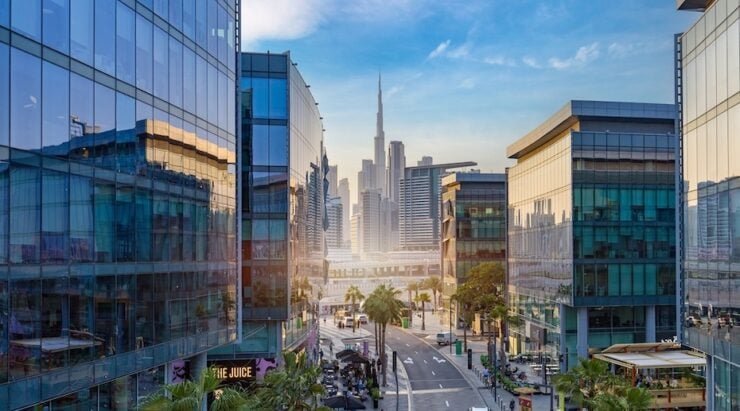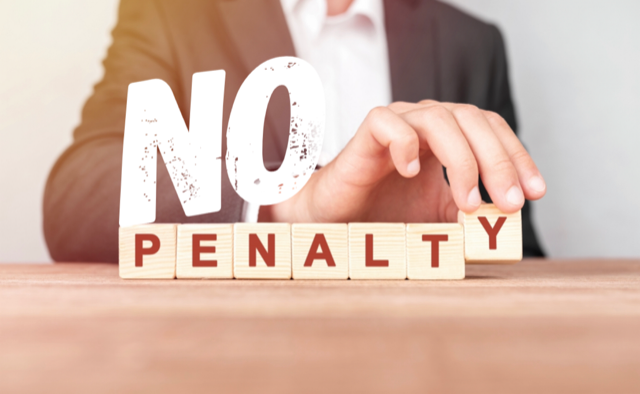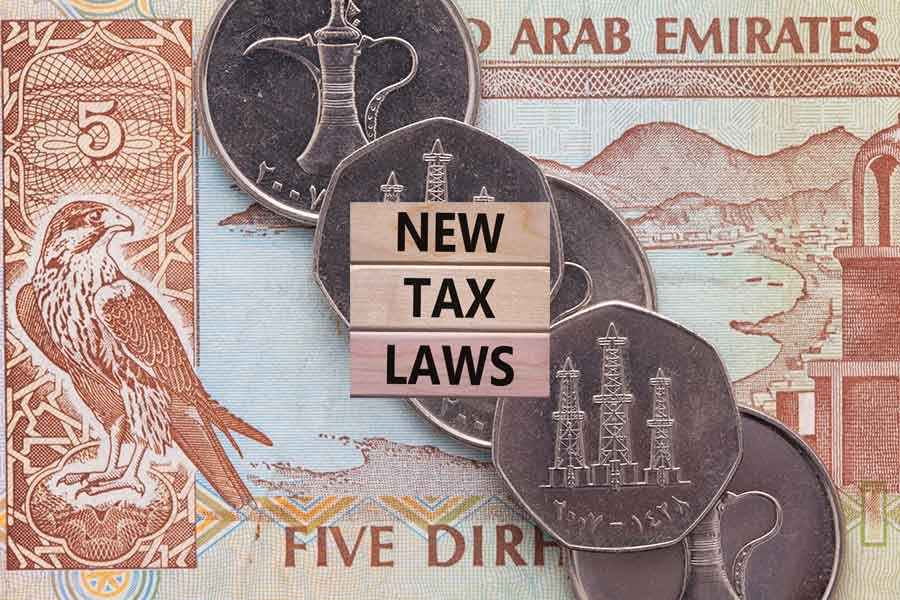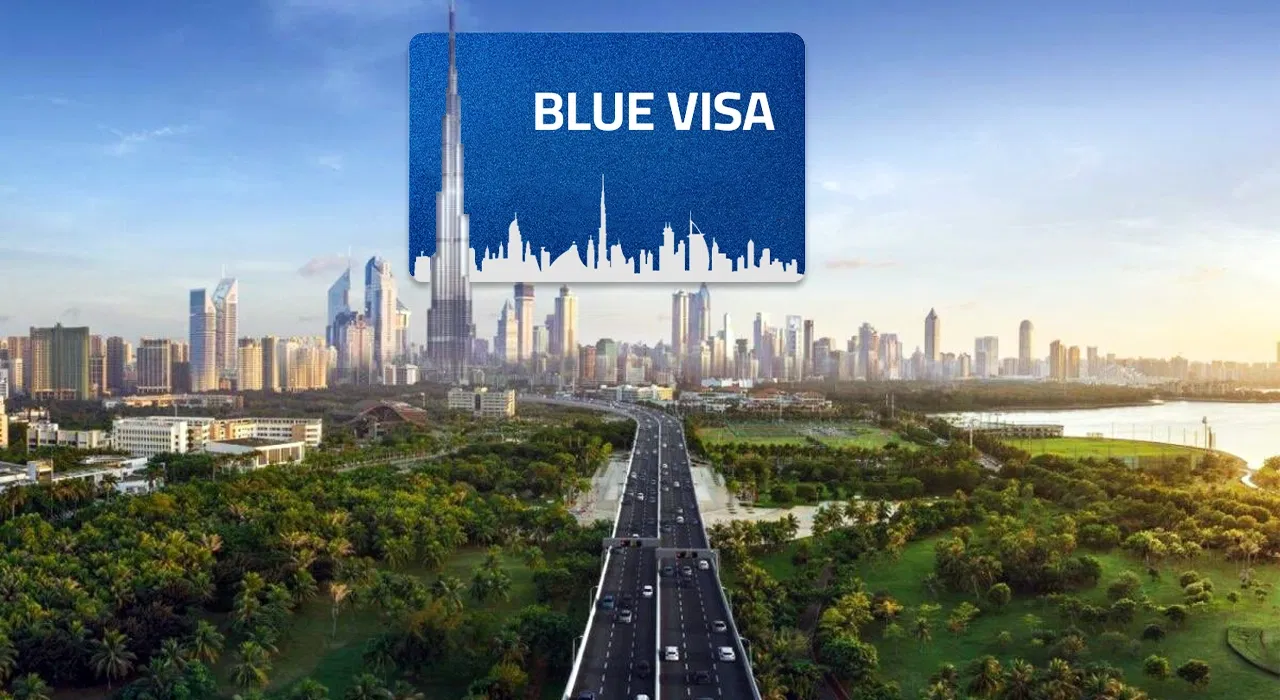Author: Ivanka Pylypiuk, owner and CEO of Parus Corporate Services LLC
How to Know if the UAE is the Right Market for You?
If you’re choosing a jurisdiction to take your business to an international level, it’s important to ask yourself the right questions. For example: “Are my clients, partners, or suppliers located in Middle Eastern countries?” If the answer is no, then perhaps you should consider other regions. However, if you’re planning to invest in a promising sector in the region, purchase property in the Emirates, or launch a crypto or e-commerce project with global ambitions, the UAE might be the ideal choice.
It’s essential that your choice of jurisdiction makes sense not just to you, but also to local tax authorities and banks that will review your application to open an account. Just saying “taxes are low” is not a sufficient justification. A clear, reasoned business model and market entry strategy are necessary.
Who to Sell to in the UAE Market?
The UAE is home to about 11 million people, over 10 million of whom are expats from over 200 nationalities. This makes defining your target audience a complex task.
Global giants like Amazon and Uber have the resources for extensive localization. But if your business is niche, you need a precise understanding of your customer — are they locals, a specific ethnic group, or speakers of a particular language? This needs to be clarified in advance to successfully scale in the region.
Don’t Come to the Emirates “With Your Own Samovar”
I often encounter entrepreneurs, especially from Eastern Europe, who are convinced they know how to do business the “right way” and come to the UAE to teach others. This isn’t just a mistake — it’s a dead end. Ignoring the specificities of the country while hoping for success is, at best, naïve.
You have two paths in a new market. One is harder but more privileged: changing the market to fit you. This is for the strong — those with a truly unique product and a large-scale strategy. The other is to adapt to existing rules, understand the local culture and environment, and confidently grow into your niche. This path is equally valid, especially for newcomers.
A simple example: you won’t get the typical banking products you’re used to if you choose an Islamic bank without understanding its principles. A restaurant serving alcohol and pork won’t survive in a neighborhood of observant Muslims. Success here belongs to those who adapt or create something new at the intersection of cultures.
Cultural Nuances That Impact Business
The Middle East has unwritten rules that are crucial for effective business:
- People Don’t Say “No” Directly
You may be greeted with a smile and have your documents accepted — but never hear back. This isn’t a refusal, just a cultural nuance. Learn to read between the lines.
- Relationships First, Then Business
No one starts with a product pitch. First comes the relationship — familiarity, trust, and a human connection. Only then come deals.
- Learn to Be Patient
Everything takes time here — responses, decisions, transactions. Patience and consistent communication are essential.
A Strong Business Model is Your Main Asset
The UAE isn’t the place for trial and error. It’s a market for mature businesses with stable processes and financial buffers.
A strong business model means understanding the market, a clear structure, logistics, marketing, and most importantly, resources to survive the first months without loss. Long-term commitment is valued — leases start at a year, and contracts often span 5–10 years.
Is It Possible to Attract Investment?
Yes, the UAE has investment funds and private investors. But no one invests in napkin ideas. Investors are interested in businesses that already have an office, team, website, at least one year of market experience, and some financial performance.
Simply put — investments are for scaling, not launching. You finance the launch. But if you can show potential — you’ll get noticed.
How Much Does a Company in the UAE Cost?
The best things are rarely cheap — and this applies to setting up a business in the Emirates. The minimum annual budget for company administration starts at $10,000 and can realistically reach $15,000–20,000. This is more than in some European, Asian, or American jurisdictions. So, assess your budget in advance.
But what do you get in return?
- One of the most tax-friendly systems: 9% corporate tax, 5% VAT, and no personal income tax;
- A promising real estate market: since 2019, prices have risen by over 50% and transaction volumes have doubled;
- High living standards and one of the lowest crime rates in the world;
- Eligibility for a residency visa for you and your family;
- Legal crypto trading and special free zones for digital projects.
Legal System: Key Features
The UAE operates under two parallel legal systems: Sharia law and English common law. That’s why experienced legal support is critical — for contracts, deal structuring, and dispute resolution.
Corporate agreements require special attention, especially when a company has multiple founders from different countries. All terms must be documented in accordance with local laws to protect your interests.
So, Should You Start a Company in the UAE?
If you’re successful in your field, have a clear business model, understand the market, are ready to adapt to local realities, and have at least a year’s budget — then absolutely yes. Success here is not just possible — it’s inevitable for those who are prepared and act mindfully.
And if you’re still unsure whether the Emirati market is right for you — consult with me or the team at Parus Corporate Services LLC. We’ll help you navigate the nuances, calculate costs, choose the optimal business structure, and build your market entry strategy.













